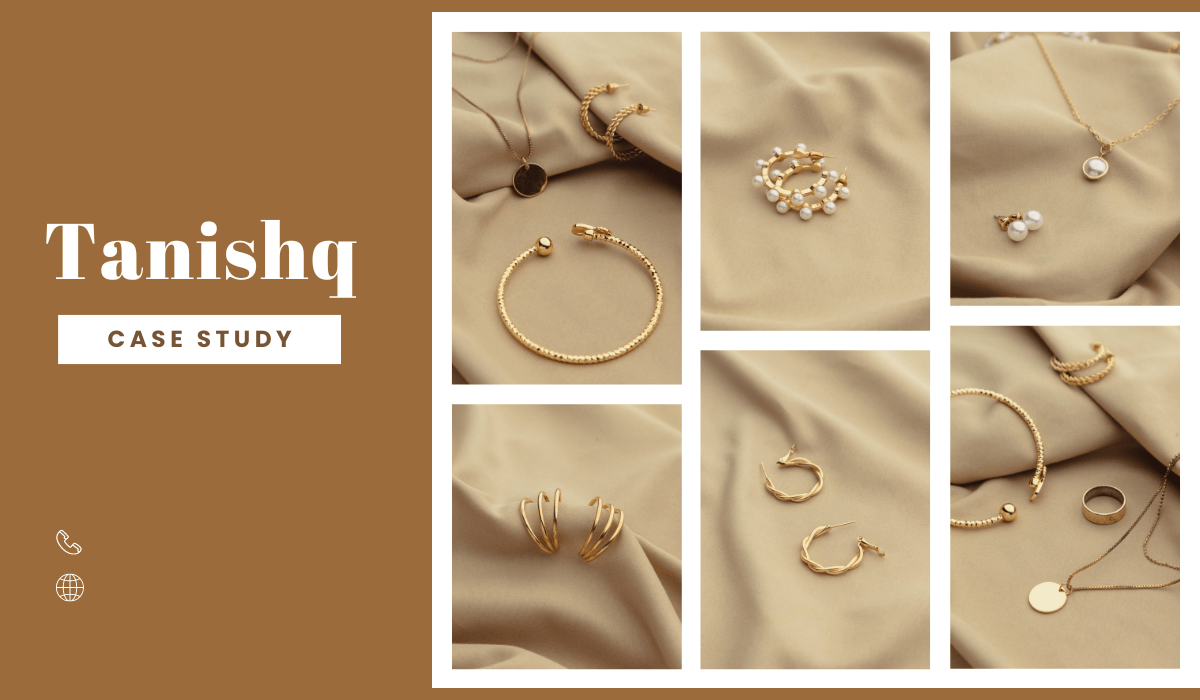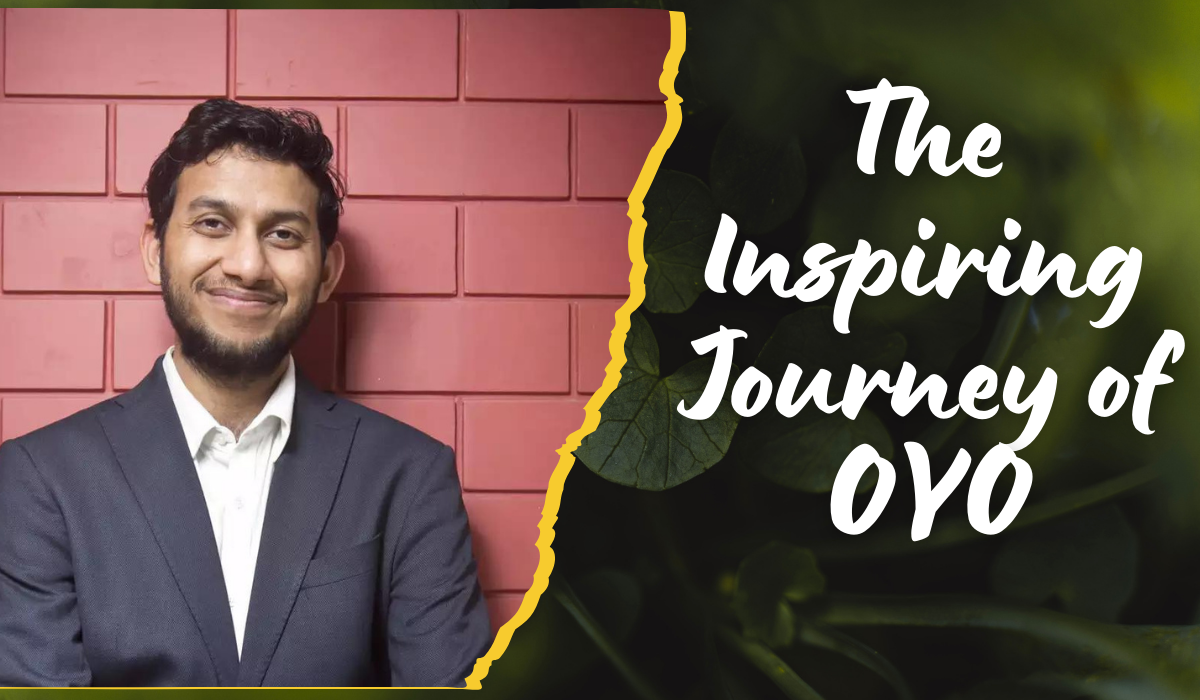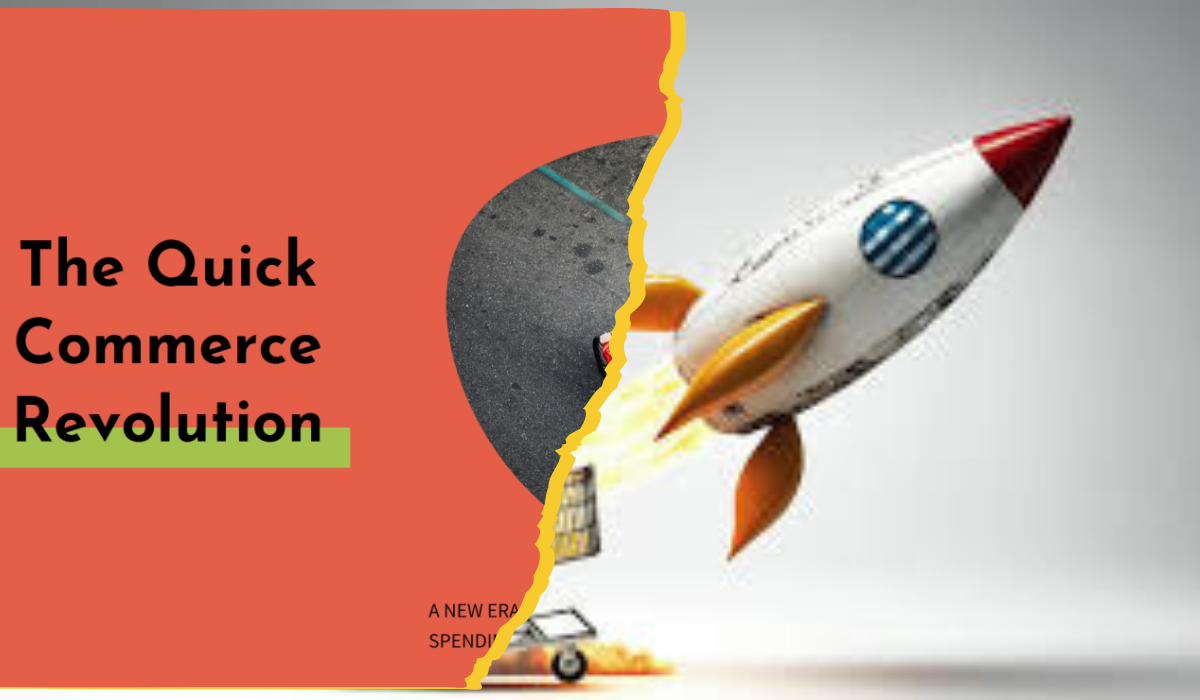A Case Study of Innovation, Trust, and Employee Empowerment
Titan, a renowned company within the Tata Group, has been a shining example of success and growth in the Indian market. Founded in 1999, Titan has delivered an astounding 60,000% return to its shareholders, turning a modest investment of Rs. 1 lakh into a staggering Rs. 6 crore. While Titan is known for its watches and eye-wear, it is the jewellery division, particularly the Tanishq brand, that has been the true game-changer, accounting for 88% of the company’s total sales. This case study delves into the remarkable journey of Tanishq, from its humble beginnings to becoming a beacon of trust and innovation in the Indian jewellery industry
The Birth of Tanishq:
Tanishq’s origin story is an intriguing one, born out of necessity rather than careful planning. In the early 1990s, Titan found itself in need of dollars to import watch-making equipment. However, due to the Gulf War and rising oil prices, the Indian government restricted the allocation of dollars to industrial houses. Faced with this challenge, Titan sought an alternative solution and ventured into the jewelry segment, aiming to export to Europe and earn the necessary dollars. Thus, Tanishq was launched in a hurry, driven by circumstance rather than a well-crafted strategy.
Initial Struggles and the Turnaround:
Tanishq’s early years were marked by struggles and setbacks. The brand faced a debt of 150 crores by the year 2000 and was on the verge of being sold. The primary reason for this was the deep-rooted preference of Indian consumers for traditional family jewelers, coupled with Tanishq’s initial focus on 18-carat jewelry, which was more suited to Western tastes. Realizing the need for change, Tanishq implemented three key strategies that transformed the brand’s fortunes:
- Transparent Pricing: Tanishq introduced price tags that clearly displayed the amount of gold in each piece of jewelry, instilling confidence in customers.
- Caratometer: The introduction of a caratometer machine in showrooms allowed customers to check the purity of their existing jewelry for free. This move not only attracted footfall but also exposed the discrepancies in the purity of jewelry sold by local jewelers, leading customers to trust Tanishq.
- The 19/20 Scheme: Tanishq offered customers the opportunity to exchange their 19 or 20-carat jewelry for 22-carat Tanishq pieces, charging only for the making charges. This scheme, despite initial losses, helped Tanishq gain a loyal customer base.
Expansion and Innovation:
With the trust of customers firmly established, Tanishq embarked on a strategic expansion plan. The company adopted an asset-light franchisee model, setting up 2,000 sq. ft. showrooms in prime locations. The success of this model led to the launch of mega showrooms, with the first 20,000 sq. ft. store opening in Chennai in 2010, followed by a 25,000 sq. ft. showroom in Mumbai in 2011. These larger format stores proved to be highly effective, outselling multiple smaller showrooms.
Tanishq also focused on innovative marketing strategies, roping in celebrities like Amitabh Bachchan and Kajol as brand ambassadors. The brand’s association with blockbuster movies like Jodha Akbar and Padmavat further enhanced its visibility and appeal.
To cater to a wider audience, Tanishq launched several sub-brands and collections:
Unlock Your Dream Home Today!
Get personalized real estate insights delivered straight to your inbox.
- Golden Harvest Scheme: A monthly installment plan that allowed customers to save up for their desired jewelry purchases.
- Mia: A collection of lightweight, affordable jewelry targeting working women.
- Zoya: A luxury sub-brand catering to the high-end segment.
- Rivaah: A collection of bridal jewelry designed to suit the diverse traditions and cultures of India, with specific offerings for Gujarati, Marathi, Bengali, and Tamil brides.
These initiatives helped Tanishq capture market share across various segments and occasions, driving substantial growth in sales.
Empowering Employees and Vendors:
One of the key factors behind Tanishq’s success has been its focus on employee and vendor welfare. Recognizing the challenges faced by workers in the jewelry industry, such as poor working conditions and health issues, Tanishq took proactive steps to ensure their well-being. The company established worker parks, providing air-conditioned workspaces, ergonomic chairs, bank accounts, canteens, and even Bengali cuisine and entertainment for the predominantly Bengali workforce.
The impact of these initiatives was remarkable:
- Productivity Boost: The average worker’s output increased from 750 grams to 4 kg of gold jewelry per month, a staggering 550% increase.
- Consistency in Quality: The use of standardized machinery and training eliminated variations in the finished products.
- Reduced Wastage: The availability of 874 types of materials within the worker parks streamlined the production process, reducing wastage to a mere 0.15%, saving 75-80 kilos of gold annually.
- Faster Inventory Turnover: The consolidation of workers and materials in one place accelerated the movement of gold, reducing inventory holding time from 30 days to just 3 days.
Tanishq also leveraged technology to enhance efficiency:
- Robotics in Diamond Sorting: The introduction of robots increased the sorting and packing capacity from 800 packets per day by 40 workers to 2,500 packets per day by a single robot.
- Automated Diamond Setting: The use of machines for diamond setting reduced the time required by 65%, increasing productivity by 12 times.
These improvements allowed Tanishq to launch new designs at an unprecedented pace, going from 3,000 designs per year to 12,000. The production cost dropped by 65%, while employee productivity soared by 270%.
Sharing the Success:
Tanishq’s success story is not just about financial gains but also about sharing the fruits of that success with all stakeholders. When the company surpassed its profit targets by 100 crores, it distributed 50-gram gold coins to all franchisee partners and vendors who contributed to the achievement. This gesture exemplifies the Tata Group’s philosophy of doing business with a purpose beyond mere profits.
Conclusion:
The case study of Tanishq offers valuable lessons for businesses across industries. It highlights the importance of adapting to customer needs, building trust through transparency, empowering employees and vendors, and leveraging innovation and technology. Tanishq’s journey also underscores the significance of a long-term perspective, where short-term losses are accepted for the sake of long-term gains.
At the heart of Tanishq’s success lies the Tata Group’s ethos of conducting business with a higher purpose – to create value not just for shareholders but for all stakeholders, including customers, employees, and society at large. This case study serves as an inspiration for entrepreneurs and business leaders to look beyond profits and embrace a more holistic approach to business, one that prioritizes trust, innovation, and the well-being of all those involved in the value chain.
As Tanishq continues to shine bright in the Indian jewelry market, its story stands as a testament to the power of purposeful leadership, customer-centricity, and employee empowerment. It is a reminder that when businesses put people first and strive to make a positive difference, success and growth are bound to follow.
Tanishq is a jewelry division of Titan, part of the Tata Group, that was launched in the early 1990s out of necessity to earn dollars for importing watch-making equipment. It was created in response to economic challenges rather than a planned strategy.
Tanishq faced significant challenges in its early years, including a debt of 150 crores and competition from traditional family jewelers. Its initial focus on 18-carat jewelry did not resonate with Indian consumers.
Tanishq introduced transparent pricing, a caratometer for checking jewelry purity, and the 19/20 scheme allowing customers to exchange lower-carat jewelry for higher-carat pieces, which collectively helped build customer trust.
Tanishq adopted an asset-light franchisee model, opening larger showrooms in prime locations, and launched various marketing campaigns featuring celebrities, which greatly increased its visibility and sales.
Tanishq launched several sub-brands, including Golden Harvest (monthly installment savings), Mia (affordable jewelry for working women), Zoya (luxury segment), and Rivaah (bridal jewelry for diverse Indian traditions).
Tanishq focused on worker welfare by creating worker parks with better working conditions, which led to increased productivity, improved quality, reduced wastage, and faster inventory turnover.
Tanishq implemented robotics in diamond sorting and automated diamond setting, significantly increasing productivity and reducing production costs.
Tanishq showcased its commitment to stakeholders by distributing 50-gram gold coins to franchisee partners and vendors when it surpassed profit targets, reflecting the Tata Group's philosophy of purposeful business.
Tanishq's journey emphasizes the importance of customer-centricity, transparency, employee empowerment, innovation, and having a long-term perspective in business.
Tanishq embodies the Tata Group's values by conducting business with a higher purpose, focusing on creating value for all stakeholders, including customers, employees, and society, rather than just profits.
DISCLAIMER
The information provided on this website is for general informational purposes only. While we strive to keep the content up-to-date and accurate, we make no representations or warranties of any kind, express or implied, about the completeness, accuracy, reliability, suitability, or availability of the information, products, services, or related graphics contained on this website.
In no event will we be liable for any loss or damage including without limitation, indirect or consequential loss or damage, or any loss or damage whatsoever arising from loss of data or profits arising out of, or in connection with, the use of this website.
Real Estate Investment Risks
Real estate investments involve significant risks and market volatility. Property values, rental rates, and market conditions can fluctuate. Past performance is not indicative of future results.
Before Making Real Estate Decisions
Before making any real estate decision, we strongly advise you to:
- Conduct thorough due diligence
- Consult with qualified legal, financial, and real estate professionals
- Carefully review all relevant documents and contracts
- Consider your personal financial situation and investment goals
This website does not provide legal, financial, or investment advice. All content is for informational purposes only and should not be construed as professional advice or recommendations.
By using this website, you acknowledge and agree to these terms. We reserve the right to modify this disclaimer at any time without notice.







